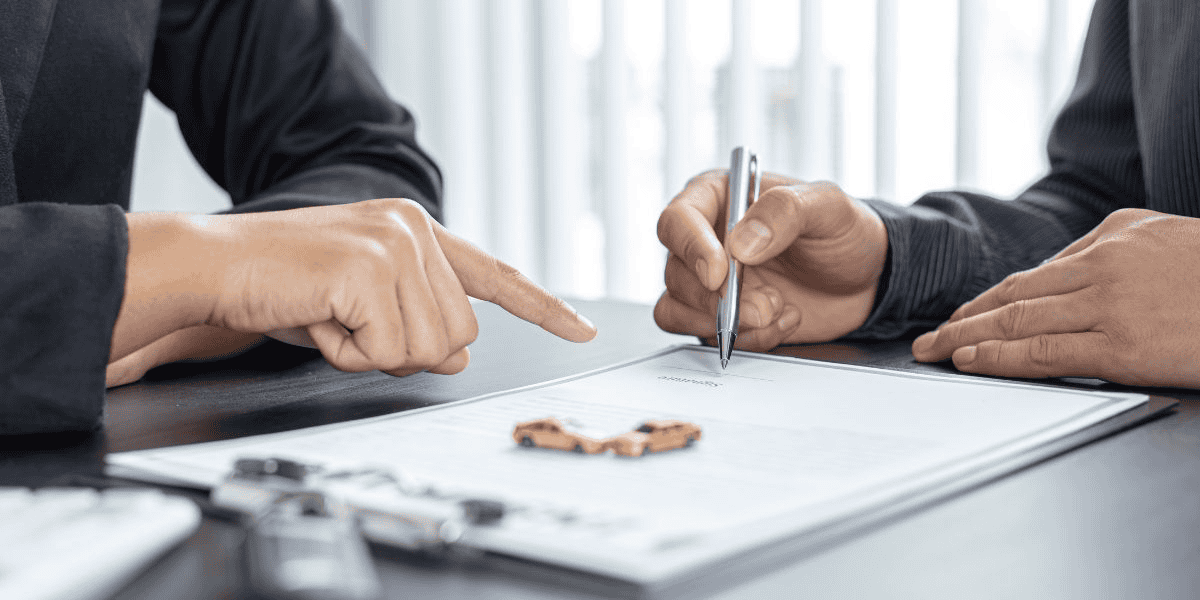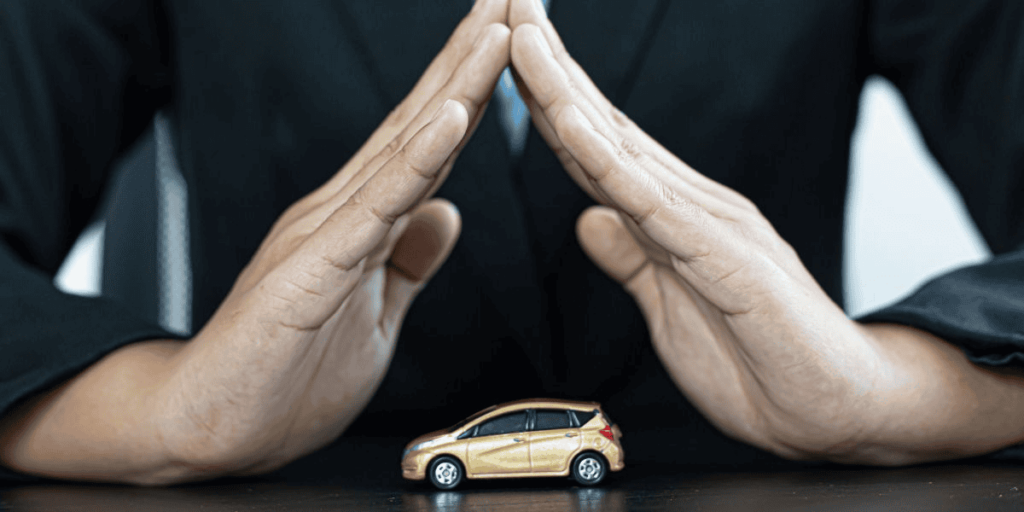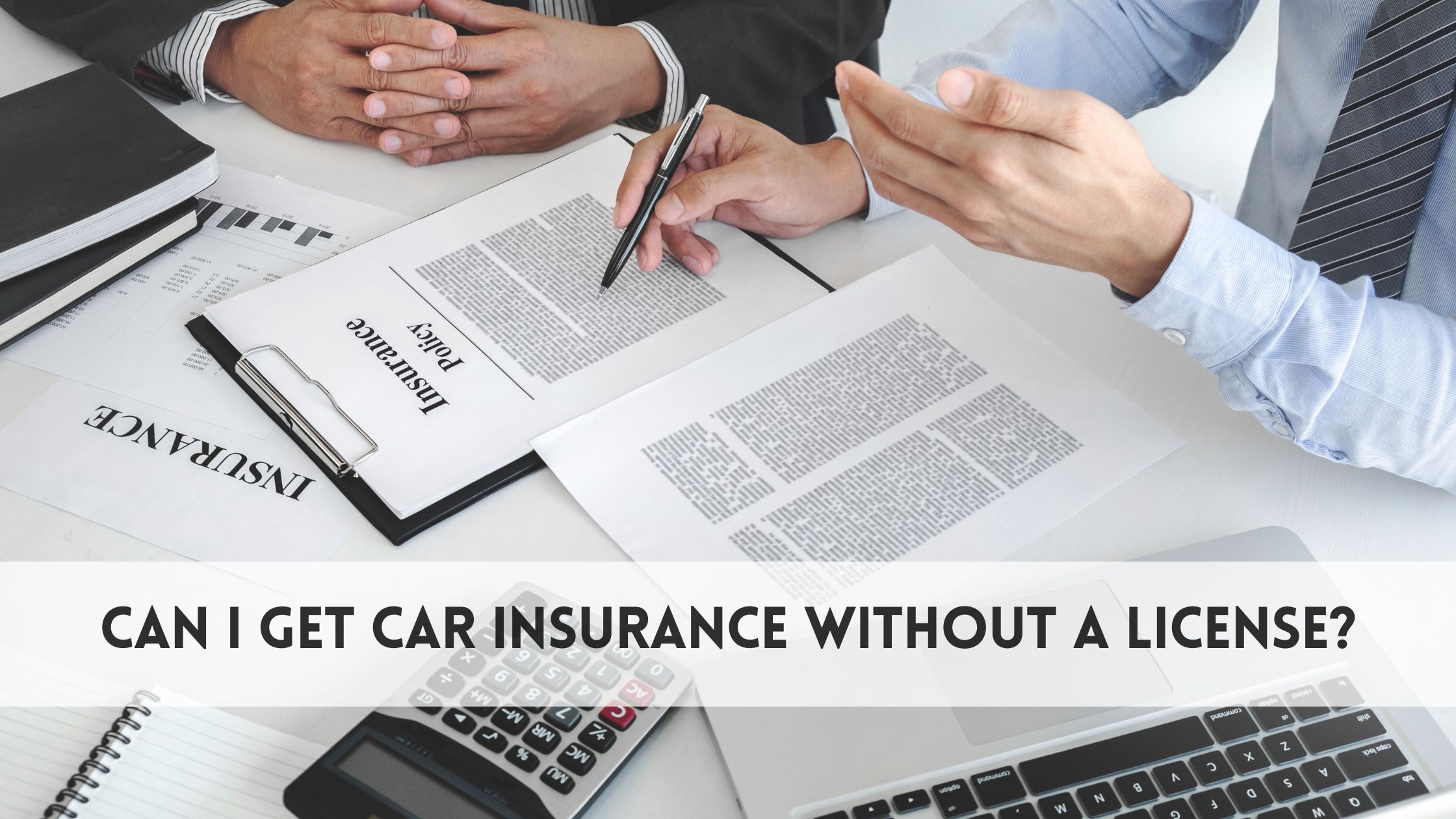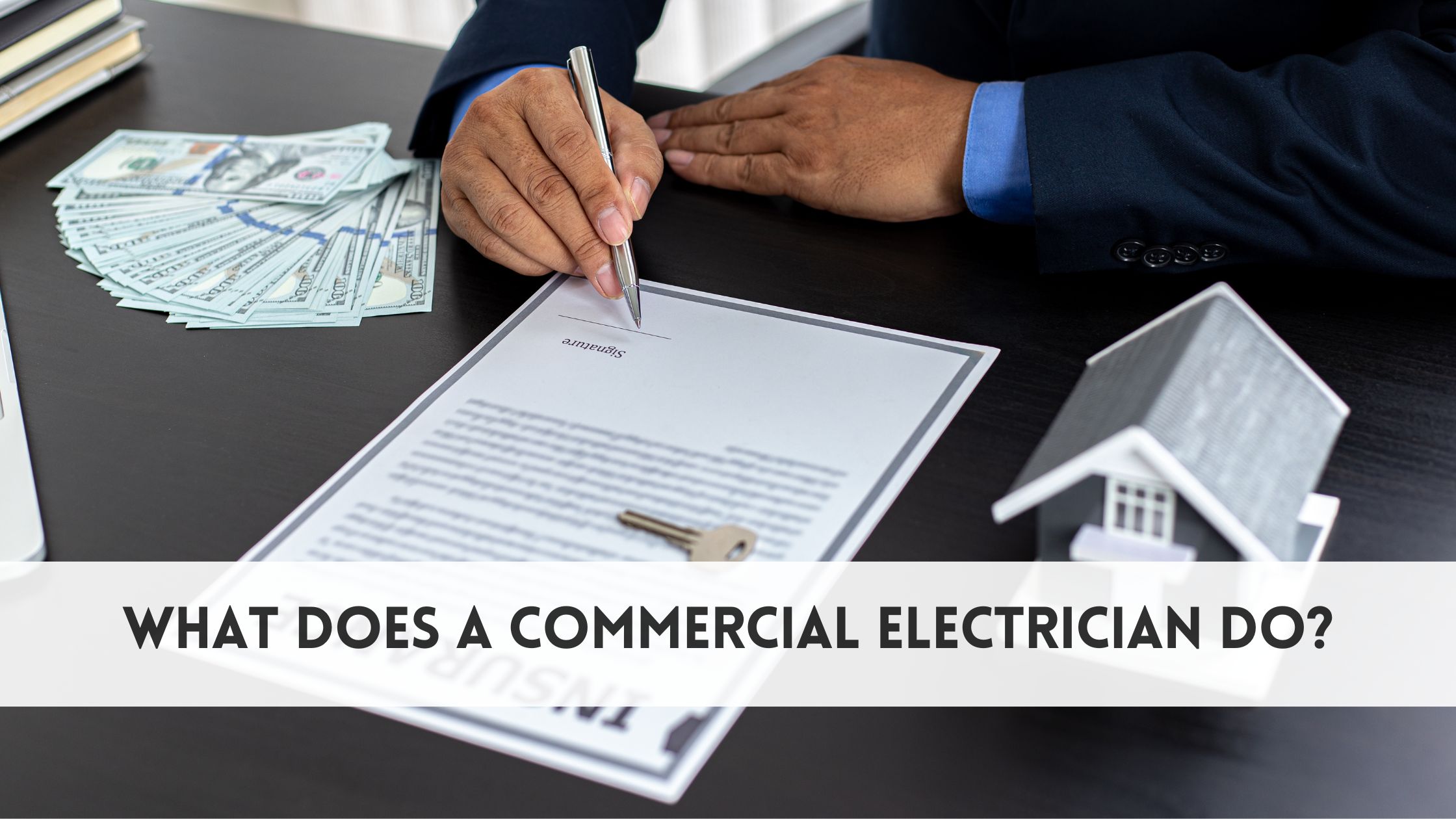Does Liability Insurance Cover My Car If I Hit Someone?

Car insurance is a vital aspect of responsible vehicle ownership, providing financial protection in the event of accidents, theft, and other unforeseen circumstances. However, understanding the specifics of different types of car insurance can be challenging. One of the most common areas of confusion involves liability insurance, particularly regarding what it does and does not cover.
Liability insurance is a fundamental component of most car insurance policies, mandated by law in many places to ensure that drivers can cover the costs associated with damages or injuries they cause to others. Yet, many drivers are uncertain about whether liability insurance covers their own vehicle if they are at fault in an accident. This blog post aims to clarify this confusion, offering a comprehensive guide to liability car insurance and its coverage limitations.
What is Liability Insurance?
Liability insurance is a type of car insurance that covers damages and injuries you cause to others in an accident where you are at fault. It is designed to protect you from the financial burden of paying for medical bills, repair costs, and legal fees that can arise from such incidents.
There are two main types of coverage provided under liability insurance:
- Bodily Injury Liability: This covers medical expenses, lost wages, and pain and suffering for the other party if you are responsible for an accident.
- Property Damage Liability: This covers the cost of repairing or replacing the other party’s vehicle or property damaged in the accident. This can include vehicles, buildings, fences, and other structures.
Liability insurance is mandatory in many regions to ensure that drivers can pay for the damages and injuries they cause, protecting both the at-fault driver and the affected parties.
Does Liability Insurance Cover My Car If I Hit Someone?
No, Liability insurance does not cover your car if you hit someone. It only covers the damages and injuries you cause to the other party. This means that if you are at fault in an accident, your liability insurance will pay for the other party’s medical expenses and property damage, but it will not pay for the repairs to your own vehicle. To cover the damages to your car, you need additional coverage such as collision insurance, which pays for repairs or replacement of your vehicle in the event of an accident, regardless of who is at fault.
How Liability Insurance Works?
When you purchase liability insurance, you agree to pay a premium to your insurance company in exchange for coverage up to a certain limit. In the event of an accident where you are at fault, your insurance company will pay for the damages and injuries caused to others, up to the policy limits. If the costs exceed your coverage limits, you could be personally responsible for the remaining expenses.
Liability insurance is a safeguard for both you and other road users. Here’s how it typically works:
- Premium Payments: You pay a regular premium to your insurance company to maintain your liability coverage.
- Accident Occurs: If you are involved in an accident and found to be at fault, you file a claim with your insurance company.
- Coverage Activation: Your insurance company investigates the accident to determine fault and the extent of damages.
- Payout: If you are at fault, your insurance company pays for the other party’s medical expenses, property damage, and other costs up to your policy’s limits.
The critical point to understand is that while liability insurance protects you from financial claims made by others, it does not provide any compensation for your own vehicle’s damage or your medical expenses. For that, additional insurance types are necessary.
Scenarios Covered by Liability Insurance
Liability insurance is designed to protect you financially when you are at fault in an accident, covering the costs of damages and injuries you cause to others. Understanding the specific scenarios where liability insurance is applicable can help you grasp its importance and limitations.
Coverage of Damages to Other Vehicles and Property
One of the primary functions of liability insurance is to cover the cost of damages to other vehicles and property when you are at fault in an accident. For example, if you rear-end another car, your liability insurance will pay for the repair costs of the other vehicle. Similarly, if you accidentally drive into someone’s fence, mailbox, or other property, your liability insurance will cover the repair or replacement costs. This coverage ensures that you are not personally responsible for the financial burden of these damages.
Coverage of Medical Expenses for the Other Party
In addition to property damage, liability insurance also covers the medical expenses of the other party involved in an accident where you are at fault. This includes hospital bills, rehabilitation costs, and compensation for lost wages due to injuries. For instance, if you cause an accident that results in the other driver or passengers being injured, your liability insurance will pay for their medical treatment. This coverage helps protect you from potentially high medical costs and legal fees that can arise from such incidents.
Liability insurance applies to a wide range of common accident scenarios, including:
- Rear-end Collisions: If you are at fault in a rear-end collision, liability insurance covers the repair costs for the other vehicle and any medical expenses for the occupants.
- Side-impact Accidents: If you run a red light and collide with another car, liability insurance will cover the damages to the other car and the medical costs of the injured parties.
- Property Damage: If you lose control of your vehicle and crash into a neighbor’s fence or another structure, liability insurance will pay for the repairs or replacement of the damaged property.
These examples illustrate the critical role of liability insurance in providing financial protection in a variety of accident scenarios. By covering the costs of damages and injuries you cause to others, liability insurance helps you avoid significant out-of-pocket expenses and legal complications.

What Liability Insurance Does Not Cover?
It is crucial to understand the limitations and exclusions of liability insurance to ensure you have adequate coverage for all possible scenarios.
- Policyholder’s Own Injuries or Property Damage:
Liability insurance covers damages and medical expenses of the other party involved in an accident but does not pay for the policyholder’s own injuries or property damage.
- Intentional Acts or Criminal Activities:
Any damages or injuries resulting from intentional acts or criminal activities by the policyholder are not covered by liability insurance.
- Contractual Liabilities:
If a policyholder fails to fulfill the terms of a contract, any resulting financial losses are not covered under liability insurance.
- Professional Errors and Omissions:
Professionals such as doctors, lawyers, and consultants need separate malpractice or professional liability insurance. General liability insurance does not cover claims of negligence or inadequate service.
- Business-Related Incidents:
Personal liability insurance does not cover incidents related to business activities. Business owners need commercial liability insurance for protection against claims arising from their professional operations.
- Natural Disasters:
Damages caused by natural disasters like earthquakes, floods, and other extreme weather events are not covered. Separate policies are required to protect against these risks.
For comprehensive protection, additional insurance policies are essential in certain scenarios. For instance, comprehensive and collision insurance is necessary to cover your vehicle’s repair costs in the event of an accident, theft, or natural disaster. If you only have liability insurance, you would bear the full financial burden of repairing or replacing your car.
Furthermore, umbrella insurance provides extra liability coverage beyond the limits of your existing policies, offering broader protection against major claims and lawsuits. This additional layer of security is invaluable for safeguarding your financial assets.
Importance of Comprehensive and Collision Coverage
While liability insurance is essential, it is often not enough to fully protect you and your vehicle. Comprehensive and collision coverage are vital additions to your insurance policy for complete protection.
Comprehensive Coverage
Comprehensive coverage protects your vehicle from damages caused by non-collision events, such as theft, fire, vandalism, natural disasters, and falling objects. The benefits of comprehensive coverage include:
- Protection Against Theft: If your car is stolen, comprehensive coverage can help pay for its replacement.
- Natural Disaster Coverage: Damage caused by floods, hail, hurricanes, and other natural disasters is covered.
- Vandalism and Damage: If your car is damaged by vandalism or falling objects, comprehensive coverage will pay for repairs.
Comprehensive Collision Coverage
Collision coverage pays for repairs or replacement of your vehicle if it is damaged in a collision with another vehicle or object. The benefits of collision coverage include:
- Accident Protection: Provides coverage regardless of who is at fault in an accident.
- Repair Costs: Helps pay for repairs to your vehicle, ensuring it can be restored to its pre-accident condition.
- Peace of Mind: Knowing that your vehicle is protected against costly repairs can provide peace of mind.
Comprehensive and collision coverage complement liability insurance by covering a broader range of scenarios and providing protection for your own vehicle. Together, these coverages offer a more comprehensive insurance plan, ensuring that you are financially protected in a variety of situations.
Conclusion
Understanding the nuances of car insurance, particularly liability insurance, is essential for every driver. While liability insurance is crucial for covering damages and injuries you cause to others, it does not provide any protection for your own vehicle. To ensure full coverage, it is important to consider additional insurance options such as collision and comprehensive coverage.
By knowing what liability insurance covers and what it does not, you can make informed decisions about your car insurance policy and ensure you have the necessary protection in place. This knowledge not only helps you comply with legal requirements but also provides peace of mind, knowing that you are prepared for any eventuality on the road.
Hull Maynard Hersey Insurance Agency in Woodstock, Vermont offers comprehensive car insurance tailored to your needs. Our experienced team ensures you get the best coverage at competitive rates, providing peace of mind on the road. Contact us now to get a free quote and start your journey to better coverage!
Frequently Asked Questions
Q.1 How does car insurance work if you hit something?
When you hit something with your car, your insurance can cover the damage based on your policy. Liability insurance covers damage to others’ property, while collision insurance covers repairs to your vehicle. You may need to pay a deductible before your insurance covers the remaining costs.
Q.2 How does insurance work when it’s not your fault?
When an accident is not your fault, the at-fault driver’s liability insurance typically covers your damages and medical expenses. You may also use your own insurance, such as collision or uninsured motorist coverage, to cover costs. Your insurer will then seek reimbursement from the at-fault driver’s insurer.
Q.3 Does liability insurance protect your assets?
Yes, liability insurance protects your assets by covering costs if you’re responsible for injury or property damage to others. It helps pay for legal fees, medical bills, and repair costs, reducing the risk of personal financial loss and protecting your assets from being used to cover these expenses.



